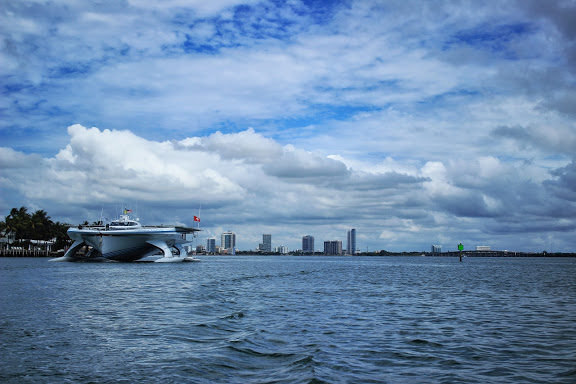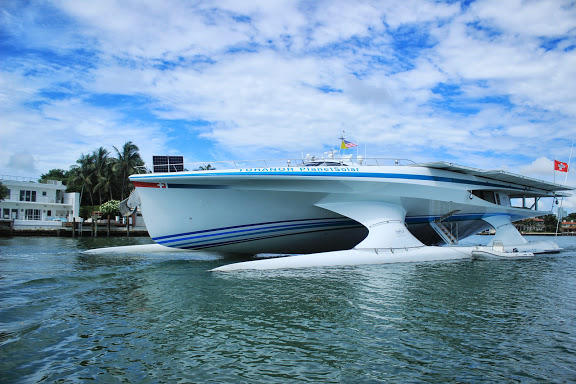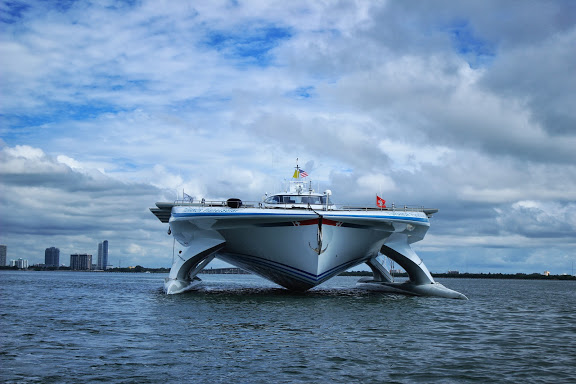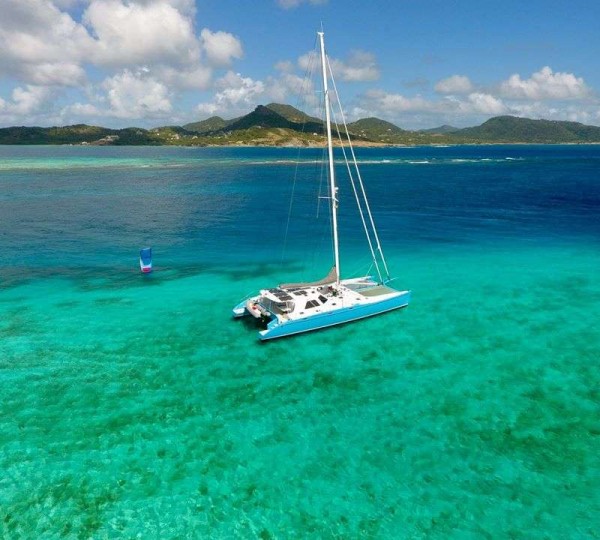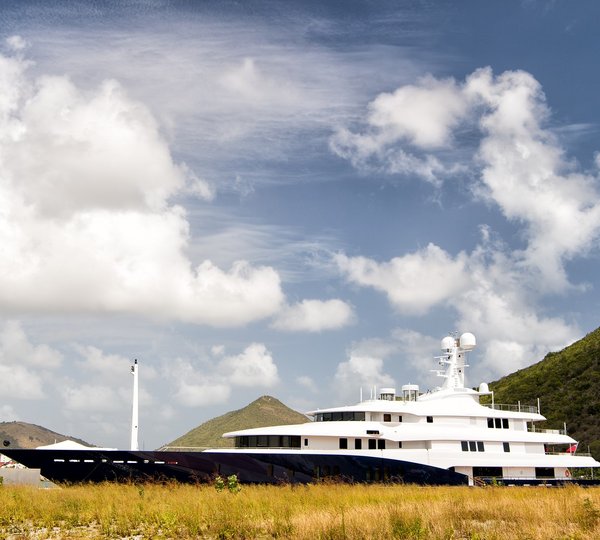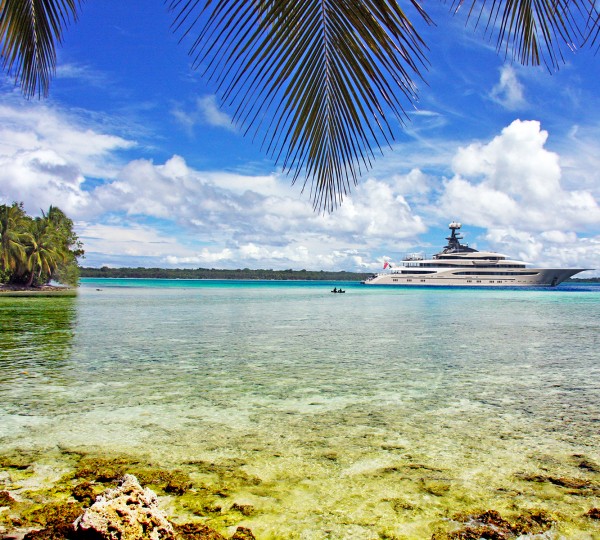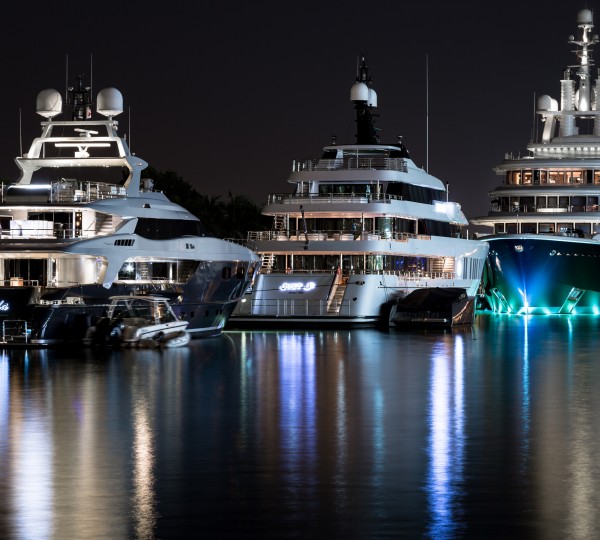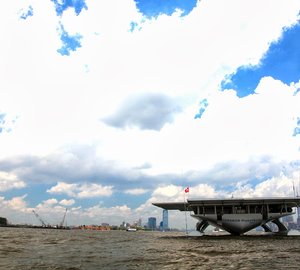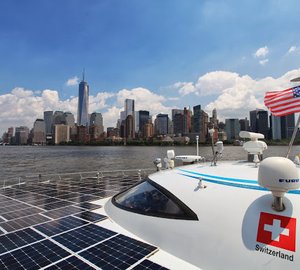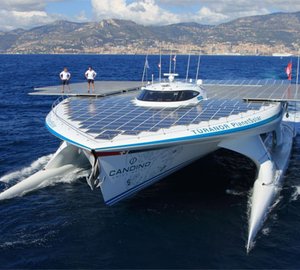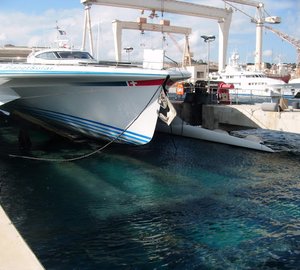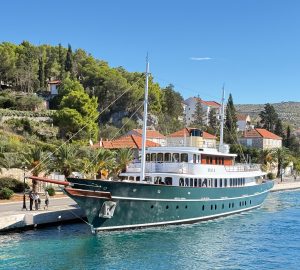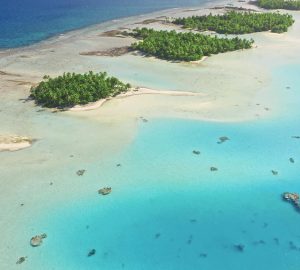Having departed from St. Martin in French West Indies on May 23, PlanetSolar reached her first 2013 American stopover on June 1, following 9 days of solar navigation in weather conditions below seasonal averages. This stage marks the start of PlanetSolar’s American tour, and most significantly, the launch of the “PlanetSolar DeepWater” scientific expedition.
This mission will allow researchers from the University of Geneva to take advantage of the exclusive features of the largest solar boat in the world to conduct a unique campaign of physical and biological measurements along the Gulf Stream.
The boat and her crew are docked in Miami from June 1 to June 6, 2013—a crucial stopover because a final phase of instrument testing will be conducted there before setting off in conquest of one of the most important regulators of European and North American climates.
The MS Tûranor PlanetSolar departed from St. Martin (French West Indies) on May 23, and reached the shores of the United States on June 1. The ship will begin the practical stage of her second life—dedicated to science—as part of the expedition that will study the Gulf Stream, one of the most important regulators of European and North American climates.
In fact, the solar boat will transform into a genuine scientific platform in Florida and will serve a team of researchers from the University of Geneva (UNIGE), led by Professor Martin Beniston, climatologist and director of the Institute of Environmental Sciences at the University of Geneva (UNIGE).
Through the month of August, the interdisciplinary team of scientists will travel over 8,000 kilometers along the Gulf Stream, between Miami (United States) and Bergen (Norway), via New York, Boston, St. John’s (Canada), and Reykjavik (Iceland). This unique campaign will lead researchers to “navigate along the Gulf Stream and collect scientific data, from both water and air, in order to better understand complex interactions between the ocean and the atmosphere as well as the role of these interactions in climate change,” says Professor Beniston. In parallel, a pedagogical team has developed educational activities and resources designed to make young people aware of climate change and its impact.
The MS Tûranor PlanetSolar will significantly contribute to an unprecedented data collection of this ocean current, since the absence of pollution emissions will guarantee that the atmospheric measurements won’t be distorted by residues associated with fuel combustion. The boat also has numerous advantages, such as a world-renowned navigational experience and the fact that she can load her crew plus up to 4 scientists on board.
Enthusiastic about starting this measurement campaign, Gérard d’Aboville, captain of the boat, said, “Up to this point, we were in transit in a sense. In a few days we will begin this scientific expedition—the raison d’être of our trip—and life onboard will be organized entirely around the measurements that the University of Geneva researchers will carry out. The entire crew is highly motivated and is getting involved in the final assemblage of the measurement instruments.” In addition, the MS Tûranor PlanetSolar will sail to the northernmost part of the Atlantic for the first time. “Navigation conditions will change; we are taking leave of the trade winds that have been accompanying us since the Canary Islands to travel along the roving Gulf Stream, first along the American coast, then across the Atlantic,” explains the captain. Moreover, this Miami stopover is also the first opportunity to demonstrate to Americans the practical applications of a ship propelled uniquely by photovoltaic energy.
Miami, final phase of scientific instrument testing before the PlanetSolar DeepWater expedition
In order to collect a continuous series of physical and biological measurements in the water and in the air, the ship will be equipped with 6 advanced instruments, including the “Biobox”, an instrument that was specifically developed by the Applied Physics Group at the University of Geneva. It is dedicated to studying aerosols at the interface between the atmosphere and the ocean, and is the only instrument to date capable of instantaneously determining the identity of aerosols using laser technology. It will be used aboard the MS Tûranor PlanetSolar for the first time.
With the framework of the major and final phase of testing on the high seas, the last instrument calibrations will take place in Miami.

